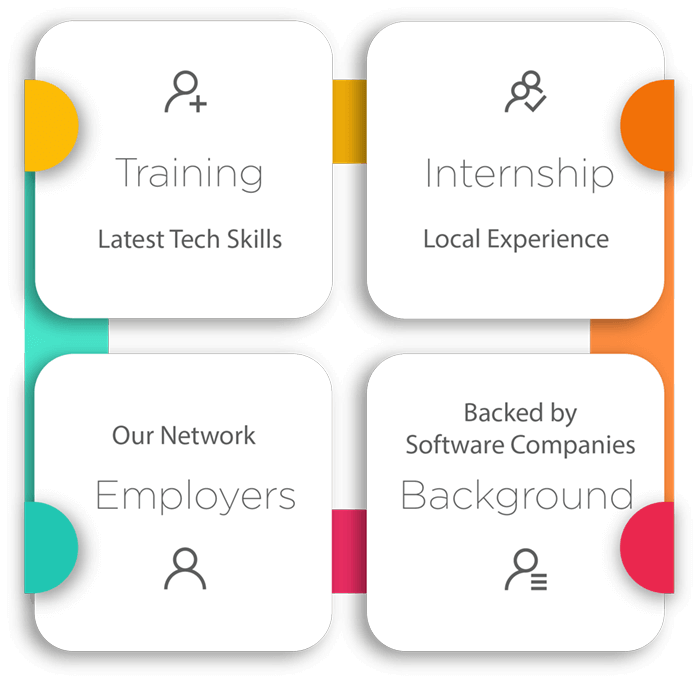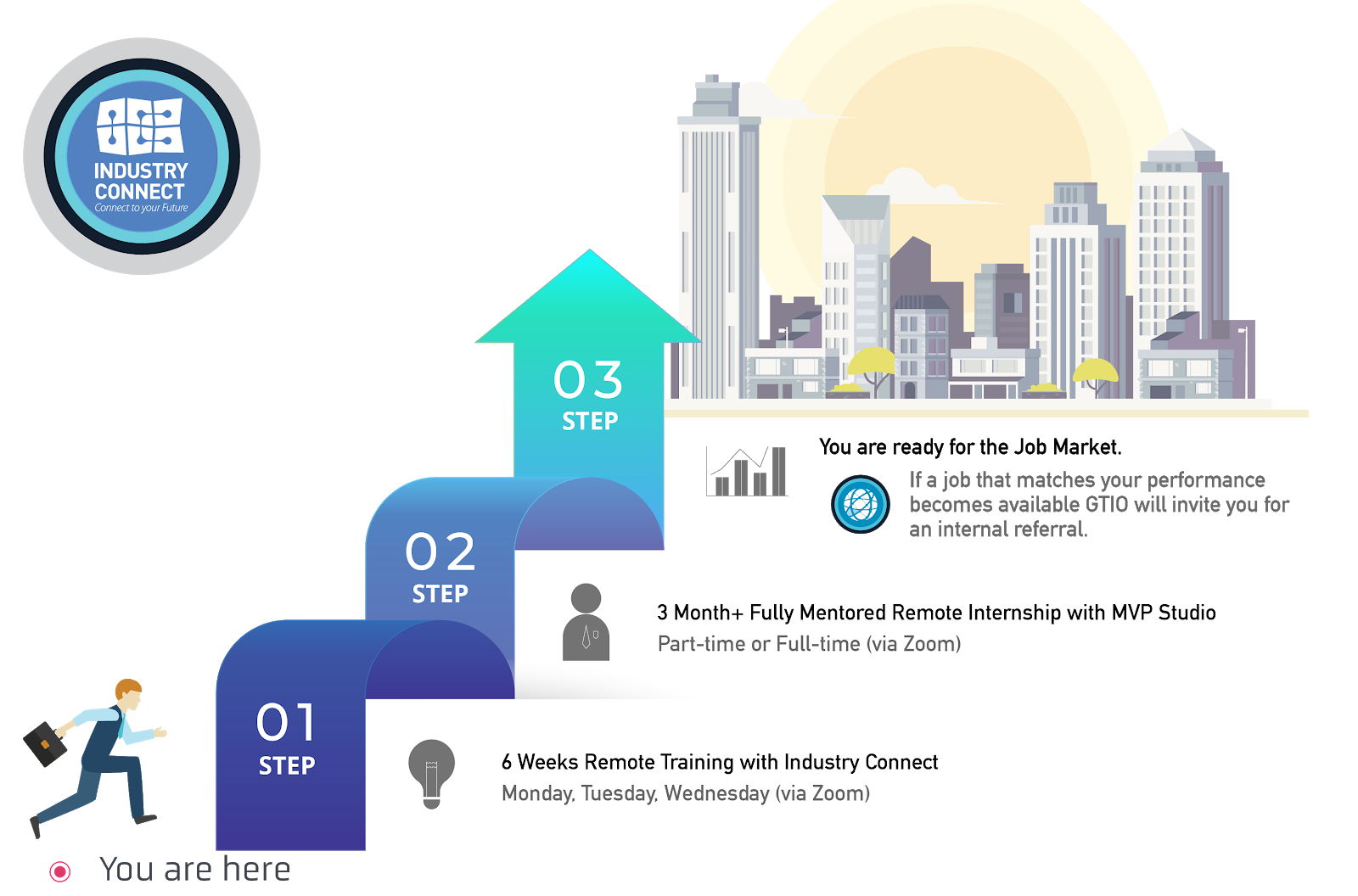In today’s rapidly evolving IT industry, possessing technical skills alone is no longer enough to succeed. Employers are now looking for candidates who have a combination of technical skills and soft skills.
Soft skills are non-technical abilities that relate to how you interact with people, such as communication, teamwork, and adaptability. Here are some reasons why soft skills are just as important as technical skills.
Soft Skills Improve Communication
One of the most important soft skills is communication. Employers want employees who can communicate effectively, both verbally and in writing. Communication is important in all aspects of the job, from collaborating with colleagues to presenting to clients. Technical skills may be necessary to complete a task, but effective communication is needed to convey the results to others. Soft skills like communication can help you build better relationships with colleagues, customers, and stakeholders.
Soft Skills Facilitate Collaboration
Most IT jobs require some level of collaboration with others. In order to work effectively as a team, you need to have good teamwork and interpersonal skills. Collaboration requires trust, respect, and the ability to listen to and incorporate the ideas of others. Soft skills like empathy, diplomacy, and conflict resolution can help you navigate the challenges of working with others.
Soft Skills Promote Adaptability
The IT industry is constantly changing, and being adaptable is key to success. Soft skills like malleability and flexibility can help you handle unexpected situations and changes in the workplace. Being adaptable means being open to new ideas, taking on new challenges, and being able to adjust to new situations quickly. This is important in the world of software development, where new technologies and industry changes are happening at a rapid pace.
Soft Skills Enhance Customer Service
Just because you work with a computer doesn’t mean you don’t have customers. Whether you work in retail, healthcare, or tech, customer service is a crucial aspect of most jobs. Soft skills like empathy, active listening, and problem-solving can help you provide better customer service. Customers want to feel heard and understood, and soft skills can help you meet their needs effectively.
Soft Skills Build Leadership Qualities
Leadership is not just about giving orders or delegating tasks. Good leaders possess a range of soft skills, such as communication, empathy, and conflict resolution. A leader who can communicate effectively, listen to their team, and resolve conflicts in a constructive way is more likely to inspire their team and achieve their goals. Soft skills are essential for building leadership qualities that can help you progress in your career.
We can help build your soft skills
In conclusion, while technical skills are important, soft skills are equally crucial for success in the workplace, especially in IT.
Soft skills like communication, collaboration, adaptability, customer service, and leadership are valuable in any software role and can help you stand out from other candidates. Employers are looking for candidates who possess both technical skills and soft skills, and having a combination of both can give you a competitive advantage.
As part of our job-ready programs, we actively work on developing soft skills for our graduates and interns. We can help you be more confident, more outgoing, and genuinely want to take on leadership roles.
Contact us today to learn more about how we can help you land your dream job in IT.
What is Industry Connect?
Industry Connect is an IT/Software Career Launchpad that has everything you need
to kick-start your IT/software career in AU, NZ, UK, IE, SG, HK, IN, ID, VN & PH.

We have been helping career changers, recent IT graduates and people with a career gap
to start their IT/software careers.
Over the years, we have helped hundreds kick-start an IT/software career.
(Verifiable evidences are available on this website)
OUR CORE
We are an innovative software training school backed by global/local software companies.
Our ecosystem is an incubation process that supports our participants until they launch
a tech career.

OUR PROGRAMMES
Our Job-Ready training programmes focus on:
- Software Development
- Business Intelligence (or Data Analyst)
- Test Analyst
PROGRAMME STRUCTURE
- Six Weeks Training Classes (Practical Tech Skills)
- Three Months (or more) Structured Internship on Large Commercial-Scale Projects (flexible hours)
- Employer Network (job analysis and internal referral if goals are met)
You can join us via Zoom (live face-to-face meeting) remotely from anywhere and
“download” the valuable knowledge & experiences from our tech experts across
different tech centres.
Watch 300+ Stories of Career Starters in IT/Software
- Career Changers & Switch to IT
- Recent Graduates
- People with a Career Gap
- New Software Developers
- New BI or Data Analysts
- New Test Analysts
Click the image to watch those who changed their careers to IT, had gap years and recent IT graduates.









